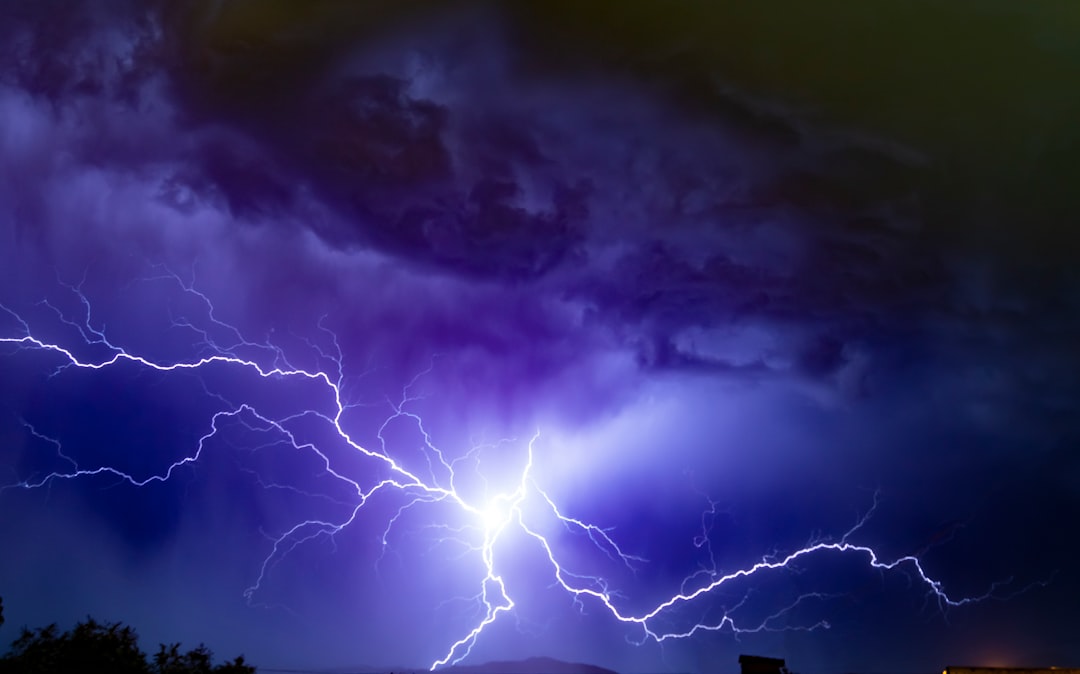For the last two days we’ve been exploring the concept of being saved and being soothed. Yesterday we touched on the idea that asking to be automatically soothed by your safe people is not such a good plan recovery-wise.
So what about self-soothing? Is that also a problem? Are we never allowed to engage in self-soothing techniques?
Some might argue - and I would not necessarily disagree - that the entire recovery process is one giant lesson in learning how to self-soothe in a productive way. In this light we do not want to demonize self-soothing techniques automatically and across the board. As with many aspects of the recovery process, this is chock-full of nuance.
When I’m having a crappy day where life is super annoying and stressful, I engage in self-soothing techniques. I meditate. I slow down. I take breaks. I listen to music. I might smoke a cigar to relax. These are all forms of self-soothing. I might not take hot baths, sniff essential oils, or tap on my cheek, but not all self-soothing conforms to a rigid standard. The point is, that we all use self-soothing techniques or even rituals as part of stress and mental health management.
When it comes to anxiety recovery, we only want to be mindful of a few traps wherein self-soothing can become compulsive, ritualized, or otherwise turned into safety or escape behaviors. Ask yourself one question:
“Will I be OK even if I do NOT launch into self-soothing rituals while anxious?”
The answer can be telling. The ultimate goal of recovery is to understand that you are capable of doing nothing in response to panic or anxiety, and still wind up OK. When we learn that we are supremely capable of moving through these states without the need for special response or evasive action, we are recovered, or at least well on the way.
“I can run a quick progressive muscle relaxation scan and focus on my breath when I panic to keep me from engaging in the spiral”, is a productive use of what might be seen as self-soothing techniques. In this context we use self-soothing tools to show ourselves to be capable of moving through rather than trying to get away from our thoughts and sensations.
“I tap my cheek and take grounding breaths when I panic because that helps it go away faster”, is not so productive. This puts those self-soothing tools into what I like to call the “conditional OK-ness” sphere, where we decide that we will be OK, but only if certain conditions are met.
See the difference?
It’s not always so clear. Intent, as usual, matters. In the ideal world and usually with lots of experience, we get to the point where we notice panic and acknowledge it, but simply continue on with what we are doing without getting involved with it. That takes time to learn, so especially in the beginning there will likely be some conscious and intentional use of self-soothing techniques involved. That’s OK. Just consider why you’re using them. Are you using them to help you learn, or are you using them to help you get away from the monster?
Those are two very different intentions, and that matters.
This is a bit of a confusing topic for many, so if you have questions, post them in the comments on Substack or YouTube and I’ll do my best to answer them as quickly as I can.
We’ll start next week with a discussion of why it all starts with just “showing up” for your recovery.
“Tell people there's an invisible man in the sky who created the universe, and the vast majority will believe you. Tell them the paint is wet, and they have to touch it to be sure.” - George Carlin
Every Friday I’ll share one of my favorite quotes. They’ll often have direct application in recovery, but sometimes they’re just generally funny, inspiring, or thought-provoking. I hope you enjoy them.














Share this post